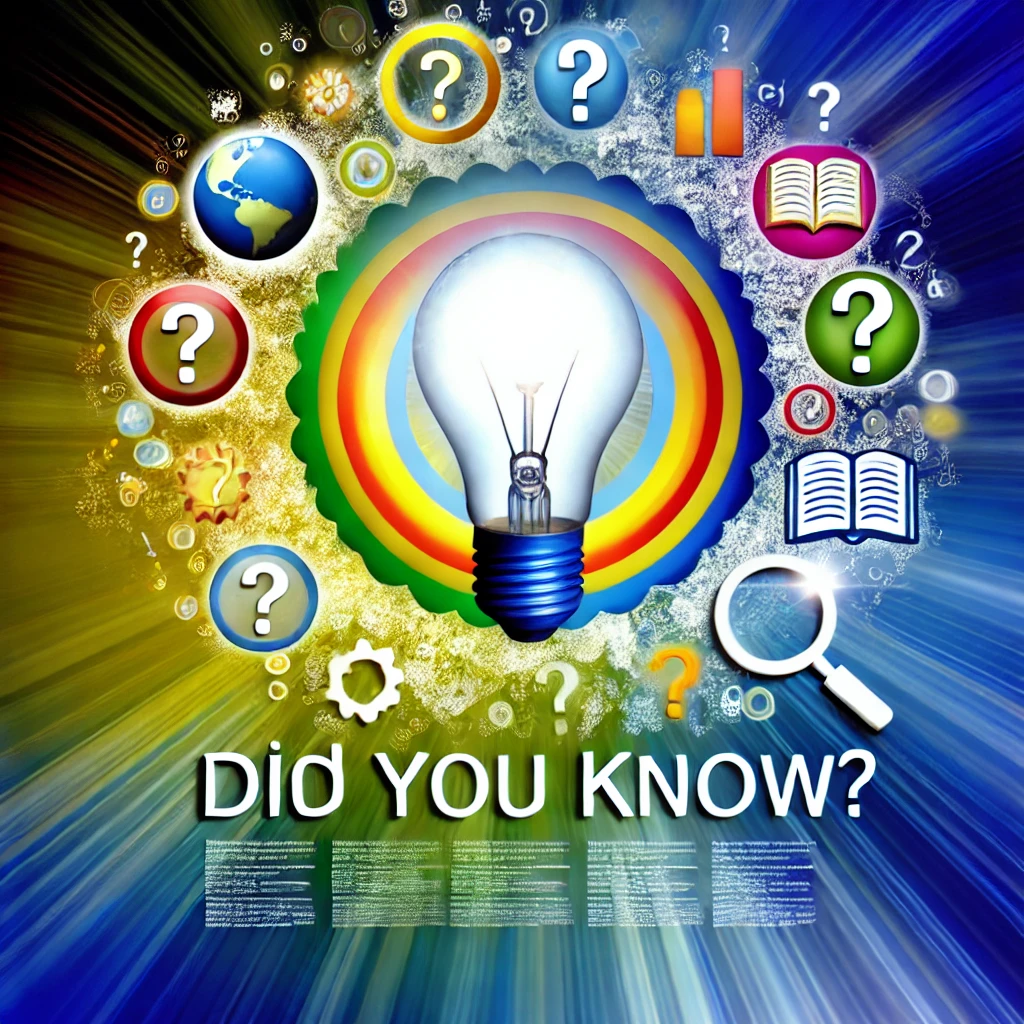Introduction:
The idea that hot water can freeze faster than cold water might sound counterintuitive, but it’s a real phenomenon known as the Mpemba effect. Discovered by a Tanzanian student named Erasto Mpemba, this effect continues to puzzle scientists and laypeople alike. In this post, we’ll explore the science behind the Mpemba effect, why it happens, and the conditions that allow it to occur.
Body:
- What is the Mpemba Effect?
The Mpemba effect describes the tendency of hot water to freeze more quickly than cold water under certain conditions. It’s a surprising twist in the physics of thermodynamics that challenges our usual understanding of temperature and freezing. - Historical Background
Erasto Mpemba, a Tanzanian student, first observed this effect in the 1960s when he noticed that hot ice cream mix froze faster than cold mix. Scientists have since documented this effect, although it remains a partially unsolved mystery. - Theories Behind the Mpemba Effect
Scientists have proposed various explanations, including:- Evaporation: Hot water evaporates more, reducing the volume and allowing it to freeze faster.
- Convection Currents: Differences in water movement could allow hot water to lose heat more efficiently.
- Chemical Properties: Differences in dissolved gases and molecular structure in hot water may influence freezing.
- Real-World Applications and Fun Experiments
While the Mpemba effect may seem purely academic, understanding this phenomenon can help improve cooling technologies and deepen our grasp of thermal physics. Try a simple experiment at home by freezing hot and cold water side-by-side!
Conclusion:
The Mpemba effect remains one of the many mysteries of physics. As researchers continue to study it, this intriguing phenomenon reminds us that science still has room for surprises.


